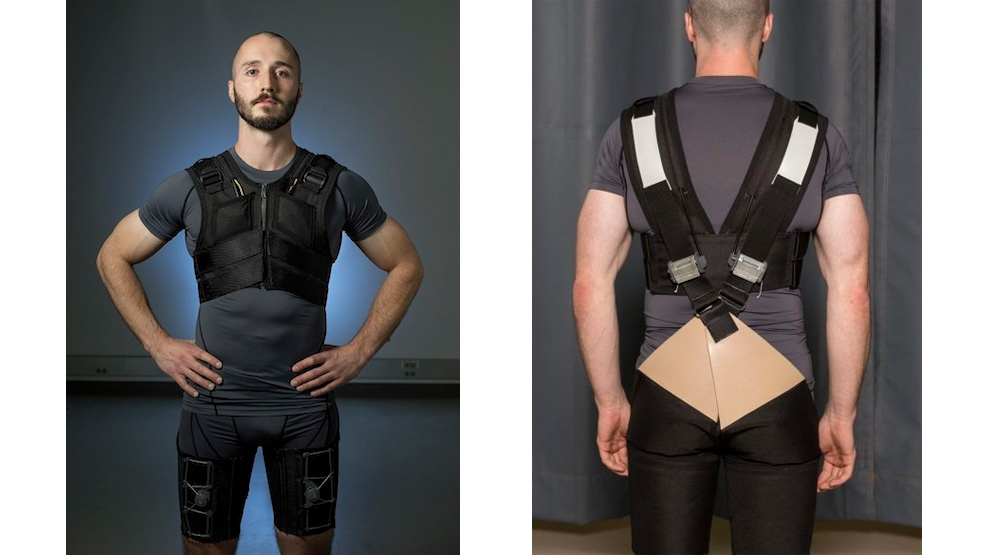This smart underwear can reduce back pain
No, it's not a wedgie simulator

Back pain is one of the most common ailments in the developed world - more than half of all adults will experience it in their lifetime, and it costs the U.S. economy alone more than $100 billion in lost productivity every year.
Among the sufferers is Karl Zelik, an assistant professor of mechanical engineering at Vanderbilt University, who experienced back pain himself while repeatedly lifting his toddler son. As a result he started thinking about possible wearable technology solutions.
“I’m sick of Tony Stark and Bruce Wayne being the only ones with performance-boosting supersuits. We, the masses, want our own,” Zelik said. “The difference is that I’m not fighting crime. I’m fighting the odds that I’ll strain my back this week trying to lift my 2-year-old.”
- For a less hi-tech solution, check out the best mattresses for back pain
Reduce stress
That's why Zelik recruited a team of mechanical engineers to develop a "smart, mechanized undergarment" that combines wearable technology and biomechanics to reduce stress on the lower back.
Their device, which will be presented at the American Society of Biomechanics conference between August 8 and 11, consists of two fabric sections that fit over the chest and legs made of nylon, Lycra and polyester. Those sections are connected by straps across the middle of the back, with rubber at the lower back.
When activated, either by double-tapping the shirt or over a Bluetooth connection to a smartphone, stresses on the lower back are put onto the fabric instead. Another double-tap releases the straps again, so that the wearer can sit down.
Holding position
In testing of the device, eight different people lifted 11kg and 25kg weights holding positions at 30, 60 and 90 degrees. The team showed that activity in the lower back muscles was reduced by an average of 15 to 45 percent. Next, the team wants to see if they can automatically engage the clothing, rather than having it manually activated.
Sign up for breaking news, reviews, opinion, top tech deals, and more.
"People are often trying to capitalize on a huge societal problem with devices that are unproven or unviable," said Aaron Yang, a back and neck doctor at Vanderbilt University Medical Center, who collaborated on the study.
"This smart clothing concept is different. I see a lot of healthcare workers or other professionals with jobs that require standing or leaning for long periods. Smart clothing may help offload some of those forces and reduce muscle fatigue."
